9 Concerns to Make When Renting an Apartment
Prior to starting your rental search, ask yourself these questions to help you narrow it down.
Setting “must-haves”—items you simply cannot live without—before searching for a rental is crucial. Make too many compromises during the search, and you may wind up with an unsatisfactory location. These nine questions will help you identify your needs and deal-breakers when you’re renting an apartment.
1. What is my budget?
Ask the landlord or property manager how much the utilities typically cost for the building you are interested in. Utilities must be included in your monthly payment. Don’t forget to consider which utilities are included in the rent and which ones you will need to pay for. Some to think about are:
- Gas
- Electricity
- Water
- Sewer
- Trash collection
- Internet/cable
Remember to factor in line items such as pet deposits, storage costs, and parking fees when creating your budget. Since most landlords and property managers require renters insurance, you should budget for paying for it as well. Further details can be found in Why Renters Insurance
2. What kind of real estate am I looking for?
You may come across everything from multifamily apartment complexes managed by management companies to single-family properties owned and operated by landlords when looking for a place to rent. You will typically know your neighbors on smaller properties, such as duplexes or single-family homes, and you may even speak with the owners in person. In larger properties, you may communicate with owners via a rental platform and you may never see the same people twice. If you value quiet living environments, you might want to take possible noise in apartment buildings into consideration.
3. What is the required square footage?
Did you know that, in addition to the number of bedrooms and bathrooms? If you live with roommates and want to gauge the size of the bedrooms, ask the landlord or property manager to provide you with a floor plan that breaks down the square footage of each room. Ask the property manager if you can view different room configurations in a multifamily building so you can choose the one that best suits your needs.
4. What rules apply to pets and are they permitted?
Pet restrictions are common in rental properties in competitive rental markets. One of the most important things to find out when renting an apartment if you have a pet is whether the landlord allows them and, if yes, if there are any breed restrictions. Additionally, you should inquire about any required pet rent and the kind of deposit that will be required. Pet owners typically reported paying a $50 pet fee prior to moving into their rental, with 62% of renters with at least one pet reporting paying an upfront pet fee in 2020.
5. What facilities or common areas are offered?
Consider which features in a rental property are essential to you and which are merely nice to have. High-speed internet, a dishwasher, and on-site laundry are examples of non-negotiables. Consider if you’ll actually use nice-to-have amenities like a pool or storage space before paying more for them. Make sure you take care of any accessibility requirements you may have, such as elevators or ramps.
6. Which parking options are available?
An option to pay for parking (a garage or a designated spot) may be provided by the landlord or property management company. Pay-to-park fees should be included in your budget as well, as they can add up, particularly in populated areas. If parking is only available on the street, be sure you are prepared for the possibility that it may take some time during the day to find a spot.
7. How will my commute be every day?
If you commute by bus or train, you may be drawn to apartments that advertise a “simple commute.” Check the facts by searching for the walking distance to the bus or subway stop, the current traffic situation, and different schedules. Numerous cities have established a single online resource for information about public transportation.
8. What kinds of safeguards are in existence?
Keyless entry FOBs are frequently used in large, urban apartment buildings to gain access to the building and the elevators. The degree of security at a smaller, landlord-run property will vary; some may not bother locking doors, while others may have advanced smart lock systems. Think about how crucial security is to your mental well-being.
9. In terms of noise, light, or view, what are your must-haves?
It’s simple to get carried away by the space itself while looking for a rental. Maybe it has modern fixtures, lots of storage, and attractive architecture. However, one of the most crucial things to find out before renting an apartment is if you’ll be content with the harder-to-change aspects of your living arrangement. Would a typical galley kitchen do when preparing dinner, or is a view out the kitchen window essential? You should make sure your apartment is positioned with windows facing east if you need morning light. Take these values into account when you rent a vehicle.

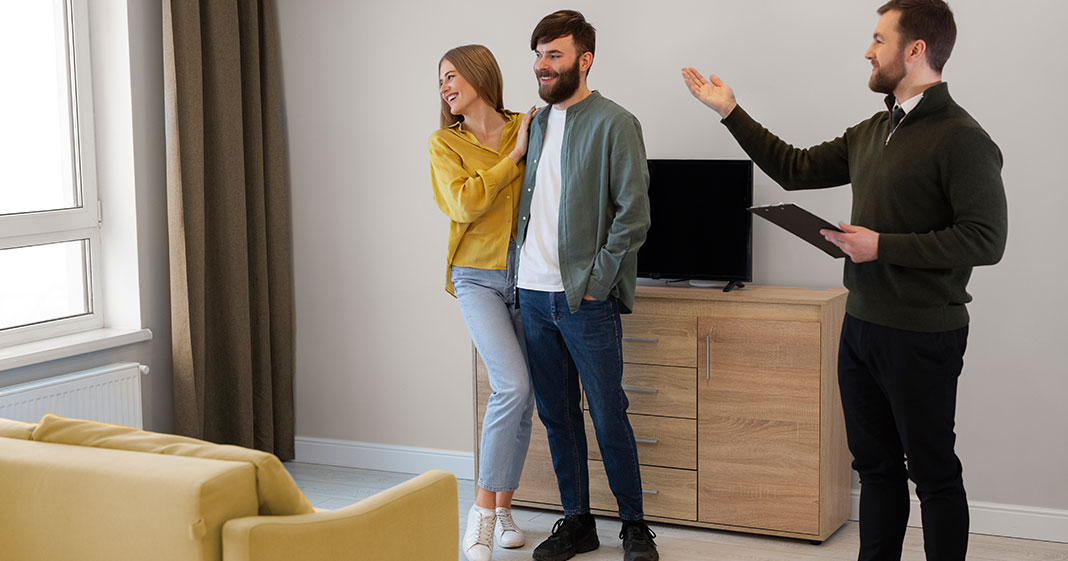

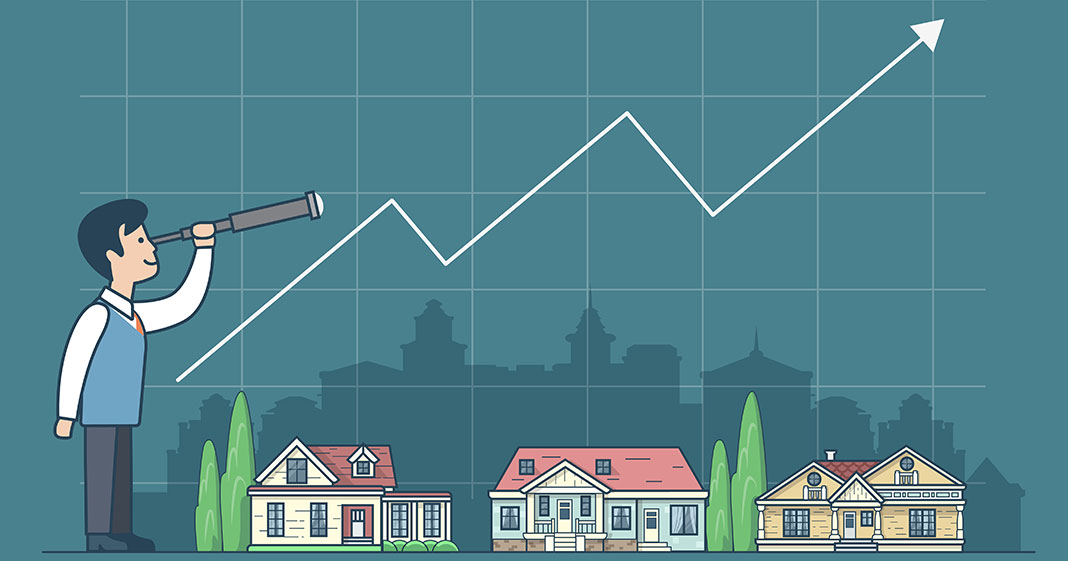

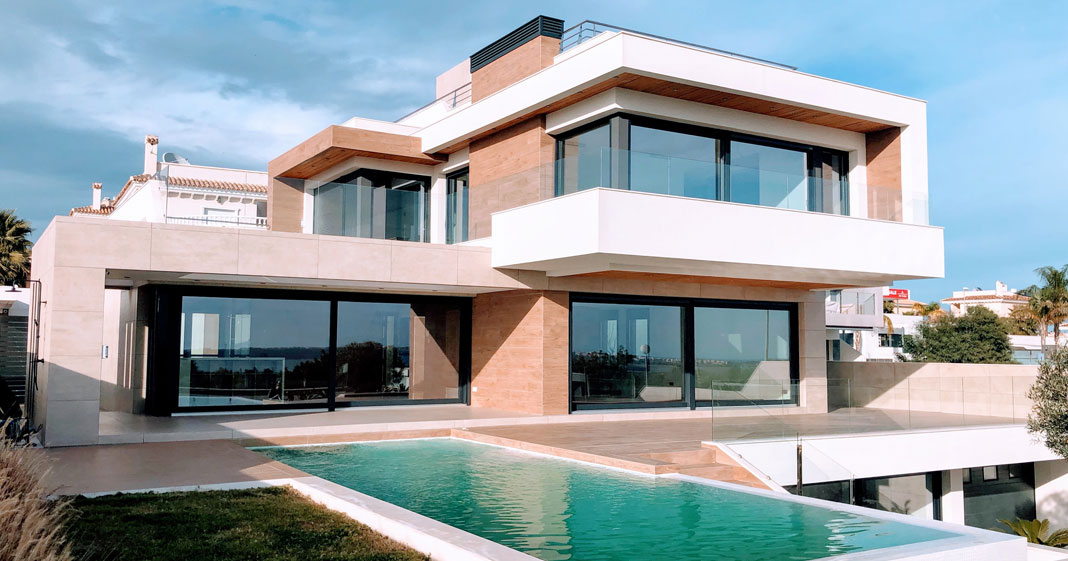
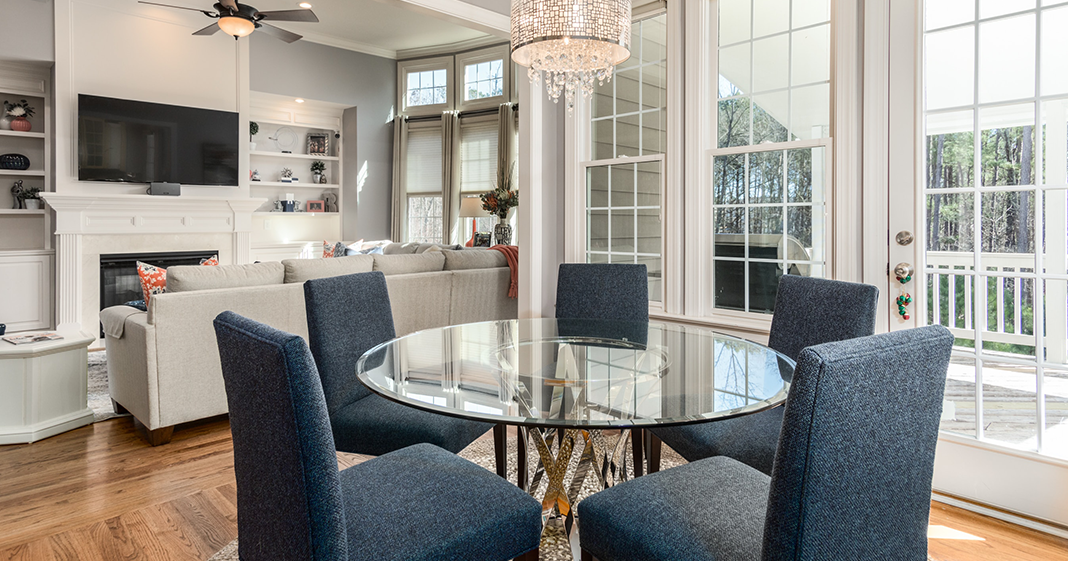
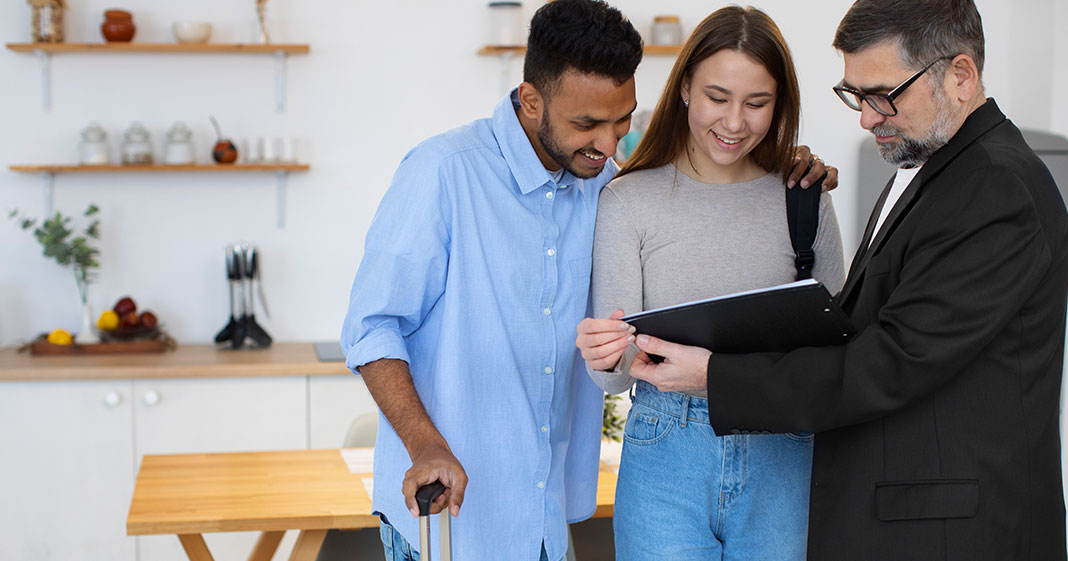

Leave a Reply